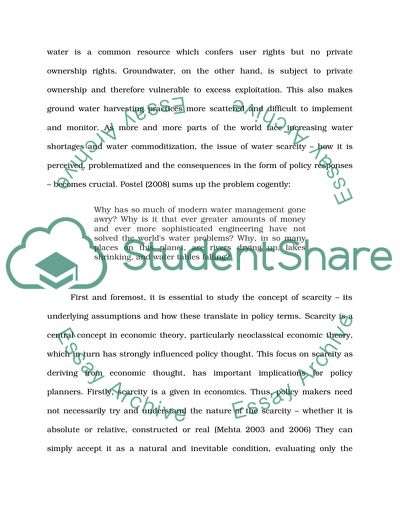Cite this document
(Water Rights and Global Wrongs: Strategies for Environmental and Term Paper, n.d.)
Water Rights and Global Wrongs: Strategies for Environmental and Term Paper. https://studentshare.org/environmental-studies/1772601-an-international-council-should-be-created-to-put-pressure-on-huge-companies-like-apple-nikeetc-to-require-environmentally-friendly-factories-and-practices-with-water
Water Rights and Global Wrongs: Strategies for Environmental and Term Paper. https://studentshare.org/environmental-studies/1772601-an-international-council-should-be-created-to-put-pressure-on-huge-companies-like-apple-nikeetc-to-require-environmentally-friendly-factories-and-practices-with-water
(Water Rights and Global Wrongs: Strategies for Environmental and Term Paper)
Water Rights and Global Wrongs: Strategies for Environmental and Term Paper. https://studentshare.org/environmental-studies/1772601-an-international-council-should-be-created-to-put-pressure-on-huge-companies-like-apple-nikeetc-to-require-environmentally-friendly-factories-and-practices-with-water.
Water Rights and Global Wrongs: Strategies for Environmental and Term Paper. https://studentshare.org/environmental-studies/1772601-an-international-council-should-be-created-to-put-pressure-on-huge-companies-like-apple-nikeetc-to-require-environmentally-friendly-factories-and-practices-with-water.
“Water Rights and Global Wrongs: Strategies for Environmental and Term Paper”. https://studentshare.org/environmental-studies/1772601-an-international-council-should-be-created-to-put-pressure-on-huge-companies-like-apple-nikeetc-to-require-environmentally-friendly-factories-and-practices-with-water.


